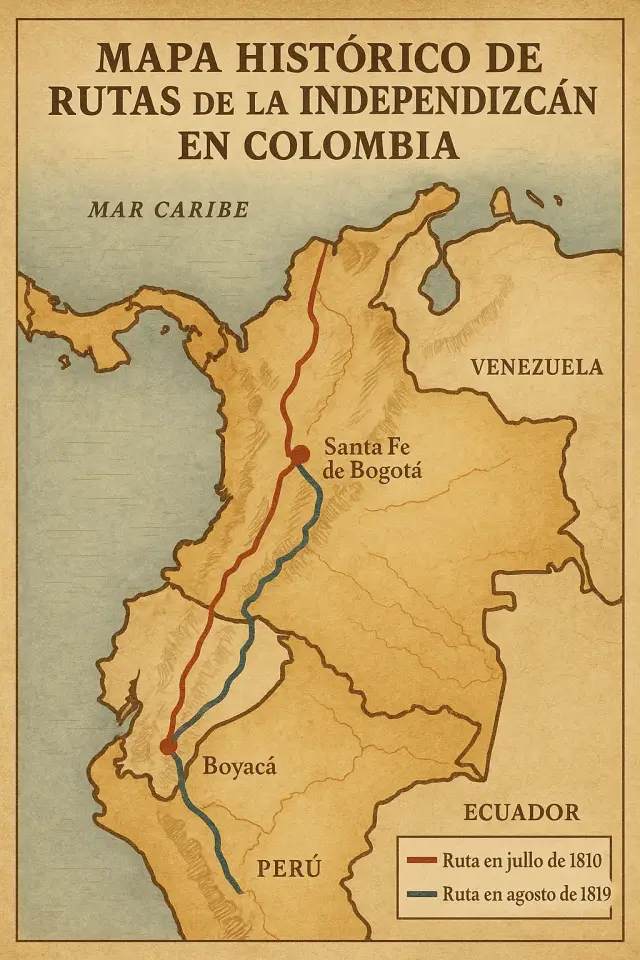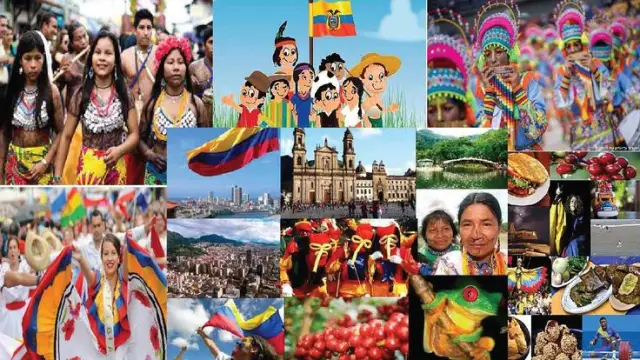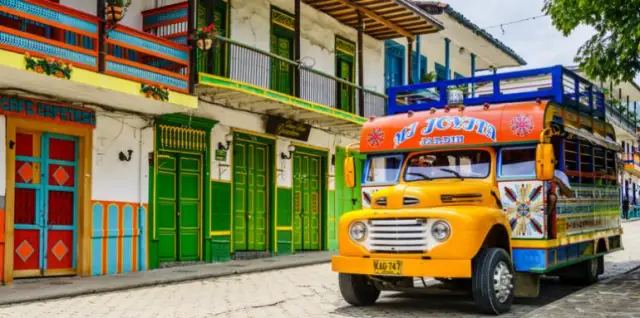Colombian anniversaries are a powerful tool for preserving historical memory and strengthening national identity. These dates allow us to reflect on the events that shaped the country, paying tribute to the heroes, processes, and values that marked our development as a nation. Knowing them not only has educational value but also cultural and social value, as each commemoration is an opportunity to reconnect with our roots and better understand current challenges from the perspective of our past. Below, we explore ten key anniversaries that all Colombians should know and share.

1. July 20 – Independence of Colombia
July 20, 1810, is the most emblematic date in Colombian history. On this day, the famous "Grito de Independencia" (Cry of Independence) was heard in Santa Fe de Bogotá , considered the starting point of the emancipation process from Spanish rule. It was a day marked by political and social tensions that culminated in the creation of an autonomous governing board. Although full independence was not achieved immediately, this act ignited a revolutionary spark in other provinces of the Viceroyalty. Today, it is celebrated with military parades, civic events, and numerous cultural events throughout the country.
2. August 7 – Battle of Boyacá
The Battle of Boyacá , which took place on August 7, 1819 , consolidated Colombia's military independence. Led by Simón Bolívar , this victory was strategic in securing the freedom of New Granada. The confrontation took place at the Boyacá Bridge , where the Liberation Army defeated the royalist forces, changing the course of continental history. This date is also recognized as National Army Day, reaffirming its role in defending national sovereignty. Every year, thousands of people visit the memorial near Tunja.
3. November 11 – Independence of Cartagena
Cartagena was the first city to declare its independence from Spanish rule on November 11, 1811. This port city became a crucial revolutionary bastion due to its strategic location and libertarian spirit. The bravery of its inhabitants inspired other territories, and it was the target of harsh reprisals by the Spanish Empire. Today, Cartagena honors this date with patriotic festivals, parades, naval parades, and popular festivities that fill the streets with music, color, and historical pride.
4. November 14 – Execution of Policarpa Salavarrieta
Policarpa Salavarrieta , better known as "La Pola," was one of the most prominent figures in the struggle for independence. She acted as a spy and messenger for the insurgent movement, risking her life to collaborate with the patriots. She was captured by royalist forces and shot in Bogotá on November 14, 1817. Her sacrifice is a symbol of women's struggle in the country's history, and she has been recognized as a national heroine. On that day, tributes are paid to her in educational institutions and civic events throughout the country.
5. May 1 – Labor Day
International Workers' Day is celebrated in Colombia on May 1st as a tribute to the achievements of labor movements in defending labor rights. The date originated in the wake of the Chicago strikes of 1886 and has been adopted by many countries, including Colombia. Although it is a day of rest, it also serves as a time to reflect on working conditions, decent employment, and the challenges of the current economic system. Marches, forums, and events are held throughout the country promoting labor and social rights.
6. January 1 – New Year
January 1st marks the beginning of the Gregorian calendar and is a cause for universal celebration. In Colombia, this date is loaded with symbolism, family rituals, traditional foods, and good wishes. It's common for families to gather to share the so-called "New Year's Dinner" and practice traditions such as burning the old year, carrying suitcases, or wearing yellow underwear. Although it's a global holiday, its celebration in Colombia reflects the joyful, hopeful, and family-oriented nature of the Colombian people.
7. January 6 – Three Kings' Day
Three Kings' Day , celebrated on January 6, commemorates the visit of the Wise Men from the East to the Child Jesus , bringing him symbolic gifts. In Colombia, this tradition is strongly present in regions such as the Caribbean and the Llanos, where processions, dramatizations, and recreational activities for children are organized. It is also an opportunity to maintain the tradition of Christmas nativity scenes until that date. Although it has lost relevance in some urban areas, it remains an important element of the liturgical and popular calendar.
8. Holy Week – March/April (dates vary)
Holy Week is one of the most significant religious celebrations in Colombia. During these days, especially on Holy Thursday and Good Friday, many cities and towns interrupt their daily activities to participate in masses, Stations of the Cross, and processions. Destinations such as Popayán, Mompox, and Pamplona are renowned for their solemn and traditional celebrations. Beyond the religious aspect, Holy Week also represents a time of rest, family reflection, and national tourism.
June 2 – Corpus Christi (Dates vary)
This Catholic holiday celebrates the real presence of Jesus Christ in the Eucharist . Although it is a movable date, its commemoration varies according to the liturgical calendar. In Colombia, Corpus Christi is especially celebrated in municipalities with a strong religious tradition, where solemn processions, flower carpets, and community activities are organized. It is also an opportunity to reinforce values such as faith, family unity, and respect for religious cultural expressions.
December 8 – Immaculate Conception
December 8th , the Feast of the Immaculate Conception , is one of the most celebrated dates on the Colombian Catholic calendar. It is considered the official beginning of the Christmas festivities with the traditional "Night of the Candles," where families light lanterns and candles as a sign of faith and hope. This practice symbolizes the light of the Virgin Mary guiding the spiritual path and unites entire communities in a single gesture. It is a night filled with joy, music, and prayer throughout the country.
A legacy that we must know and value
Remembering and commemorating these Colombian anniversaries is not only an act of remembrance, but also of identity. Each of these dates represents moments of struggle, faith, unity, and transformation that have built what Colombia is today. From heroes like Policarpa to celebrations that span generations, these anniversaries invite us to actively participate in our history. Knowing, sharing, and celebrating them strengthens the social fabric and fosters national pride. Share this article so more Colombians value their past and are inspired to build a better future.

Frequently Asked Questions (FAQ)
Why do we celebrate independence on July 20th and not another date?
Because on that day in 1810, the first autonomous governing board was established, a political event that began the process of independence.
Who was Policarpa Salavarrieta?
She was a revolutionary spy who helped the patriots in their fight against the Spanish, but was shot for her commitment to the cause.
Are religious anniversaries celebrated the same way throughout Colombia?
Not exactly, each region has its own particular customs, but the religious spirit is common throughout the country.
What is the significance of November 11th?
Cartagena was the first city to gain independence from Spain, making it a model for other regions.
How many holidays are there in Colombia?
Currently, Colombia has 18 official holidays per year, many of which are related to historical and religious events.
